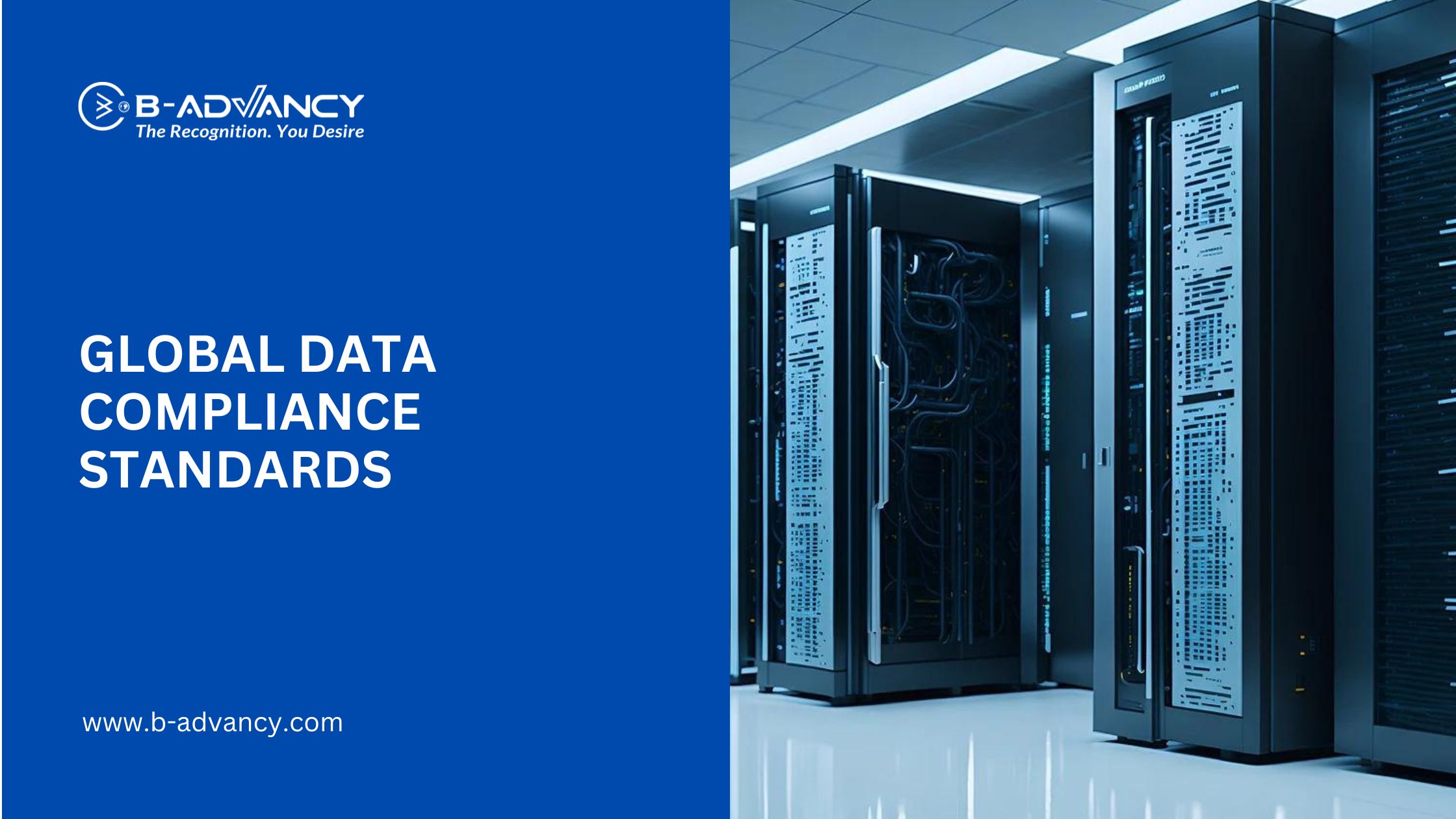
In today’s digital landscape, data is a critical asset for businesses, governments, and individuals alike. However, with the rise of data breaches and privacy concerns, organizations must adhere to various global data compliance standards to protect sensitive information and maintain the trust of their stakeholders. This blog explores the importance of data compliance, key global standards, and best practices for achieving compliance.
Data compliance refers to the processes and practices that organizations implement to ensure they adhere to laws, regulations, and standards governing the handling of personal and sensitive data. Compliance not only protects individuals’ privacy but also safeguards organizations against legal penalties, financial losses, and reputational damage.
As data privacy concerns grow, so does the complexity of compliance. Organizations often operate in multiple jurisdictions, each with its own data protection regulations. Therefore, understanding and implementing global data compliance standards is crucial for businesses seeking to operate ethically and responsibly in today’s interconnected world.
Protecting Personal Information: Data compliance standards help organizations safeguard personal information, minimizing the risk of data breaches and identity theft.
Building Customer Trust: Demonstrating compliance fosters trust among customers and stakeholders, as it shows that organizations take data protection seriously.
Avoiding Legal Penalties: Non-compliance can result in hefty fines, legal action, and loss of business. Adhering to compliance standards mitigates these risks.
Enhancing Business Reputation: Companies known for robust data protection practices are more likely to attract and retain customers, enhancing their overall reputation.
Facilitating Global Operations: For businesses operating internationally, understanding and adhering to global data compliance standards simplifies cross-border data transfers and operations.
Numerous data compliance standards exist globally, each with unique requirements and implications. Here are some of the most notable:
The GDPR is a comprehensive data protection regulation enacted by the European Union (EU) in May 2018. It aims to protect the privacy and personal data of EU citizens. Key requirements include:
Consent: Organizations must obtain explicit consent from individuals before collecting and processing their personal data.
Data Subject Rights: Individuals have the right to access, rectify, and erase their personal data.
Data Breach Notification: Organizations must report data breaches within 72 hours if they pose a risk to individuals’ rights.
The CCPA is a state-level data privacy law in California that grants consumers greater control over their personal information. Key provisions include:
Disclosure: Businesses must disclose the categories of personal data collected and how it is used.
Opt-Out Rights: Consumers can opt out of the sale of their personal information.
Penalties for Non-Compliance: Organizations can face fines for failing to comply with CCPA regulations.
In the United States, HIPAA establishes standards for the protection of sensitive patient health information. Key requirements include:
Privacy Rule: This rule mandates the safeguarding of personal health information (PHI).
Security Rule: Organizations must implement safeguards to protect electronic PHI (ePHI) from unauthorized access.
Breach Notification Rule: Organizations must notify affected individuals in case of a breach involving PHI.
PCI DSS is a set of security standards designed to ensure that organizations handling credit card information maintain a secure environment. Key requirements include:
Secure Network: Organizations must use firewalls and encryption to protect cardholder data.
Access Control: Access to sensitive data must be restricted to authorized personnel only.
Regular Testing: Organizations must regularly test security systems and processes.
ISO offers various standards related to data protection, including ISO/IEC 27001, which focuses on information security management systems (ISMS). Key components include:
Risk Assessment: Organizations must assess and manage information security risks.
Continuous Improvement: Organizations should continually improve their ISMS to address emerging threats.
Achieving compliance with global data standards requires a strategic approach. Here are some best practices:
Conduct Regular Audits: Regularly review and assess your data protection policies and practices to identify gaps and areas for improvement.
Implement Robust Security Measures: Invest in cybersecurity measures, such as encryption, firewalls, and access controls, to protect sensitive data.
Train Employees: Provide ongoing training for employees on data protection policies, compliance requirements, and best practices.
Develop a Data Governance Framework: Establish a framework that outlines how data is collected, processed, stored, and disposed of within your organization.
Stay Informed: Keep up to date with evolving data protection laws and regulations to ensure ongoing compliance.
Engage Legal Expertise: Consult legal experts specializing in data protection to navigate complex compliance requirements.
In an era where data breaches and privacy concerns are rampant, adhering to global data compliance standards is not just a legal obligation but a critical business strategy. Organizations that prioritize data compliance protect their customers, enhance their reputation, and minimize legal risks. By understanding key regulations like GDPR, CCPA, HIPAA, and PCI DSS, and implementing best practices for compliance, businesses can foster a culture of accountability and trust in their data handling practices.